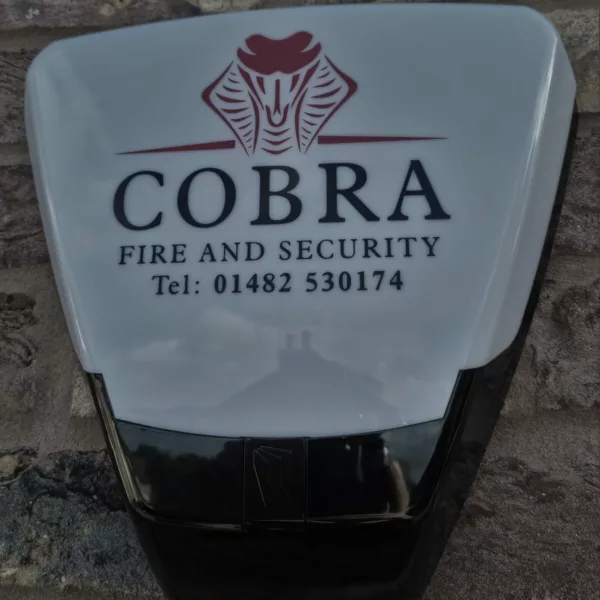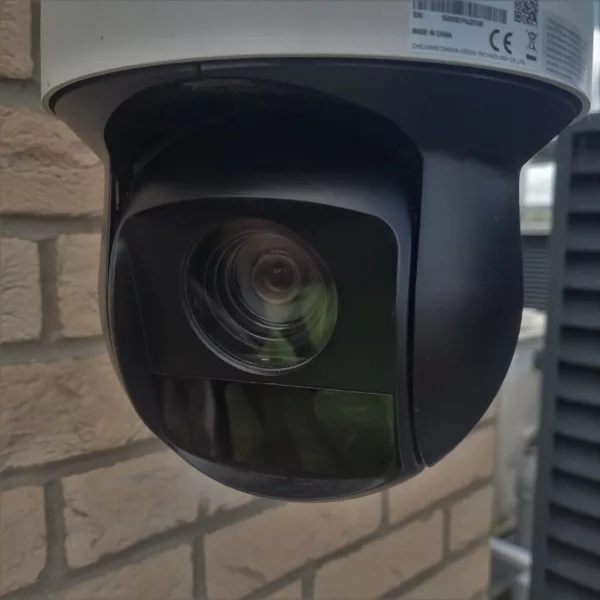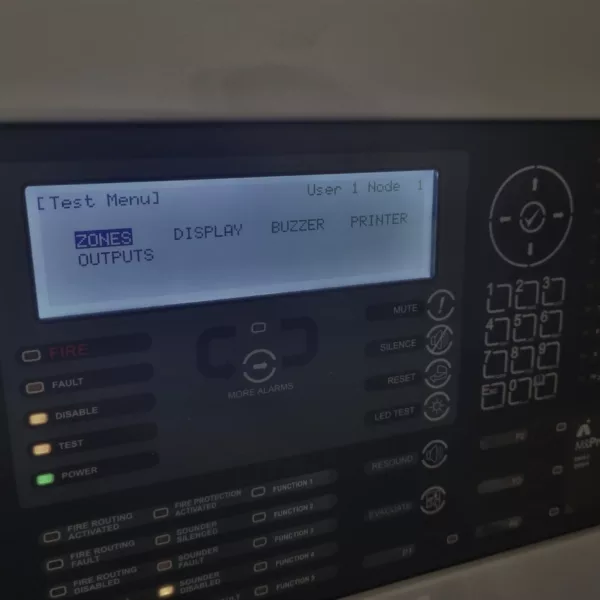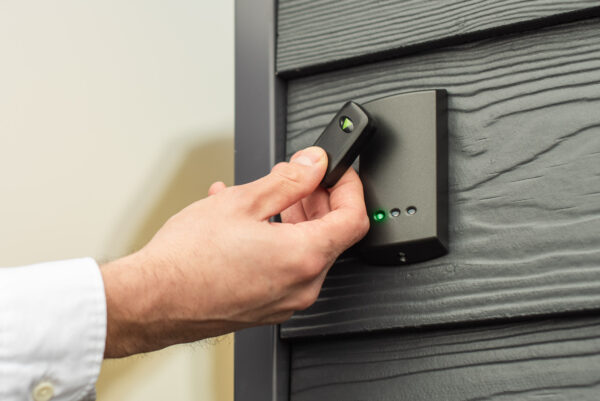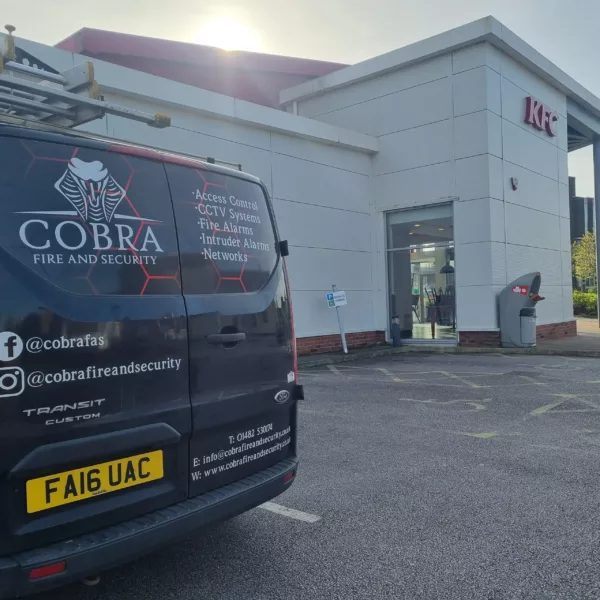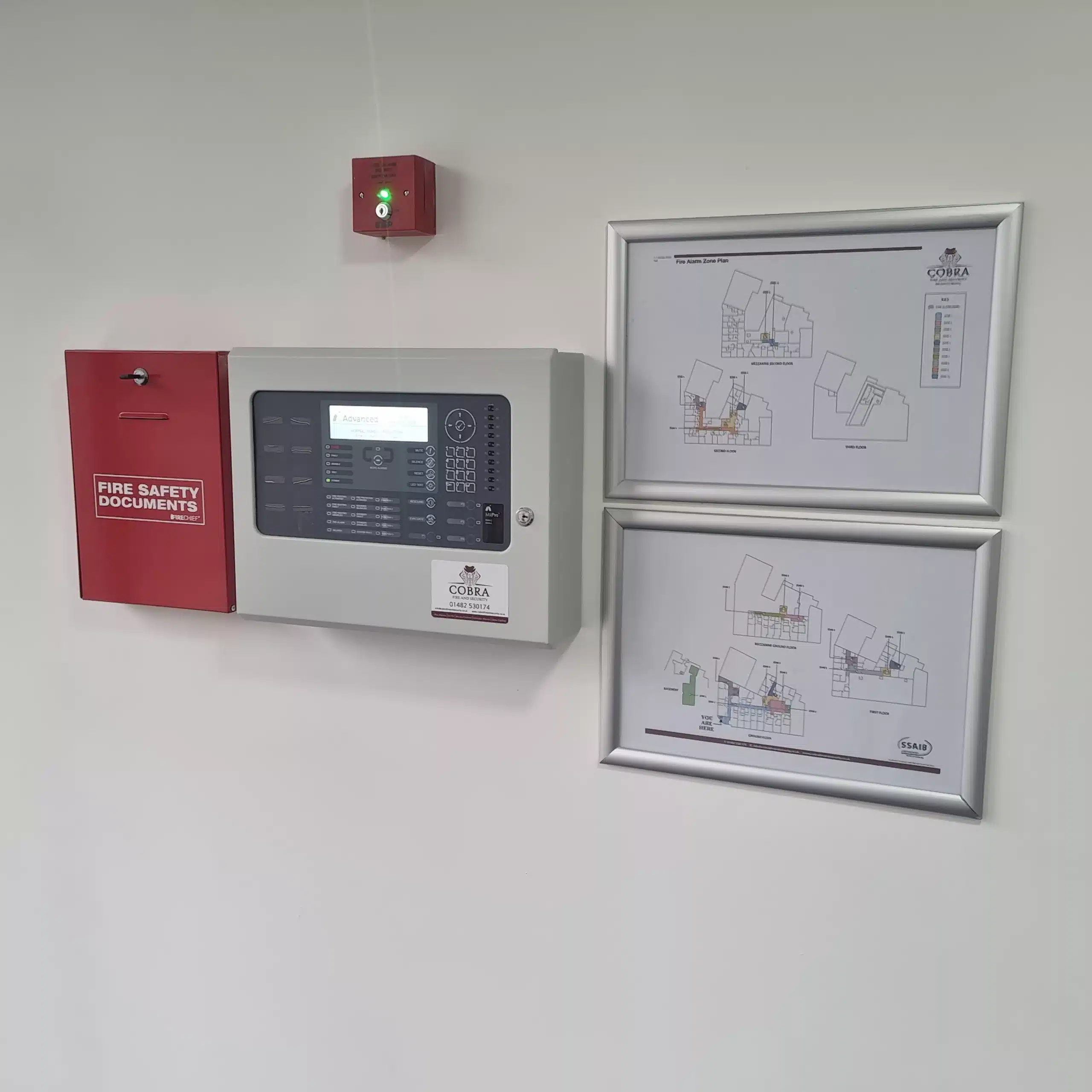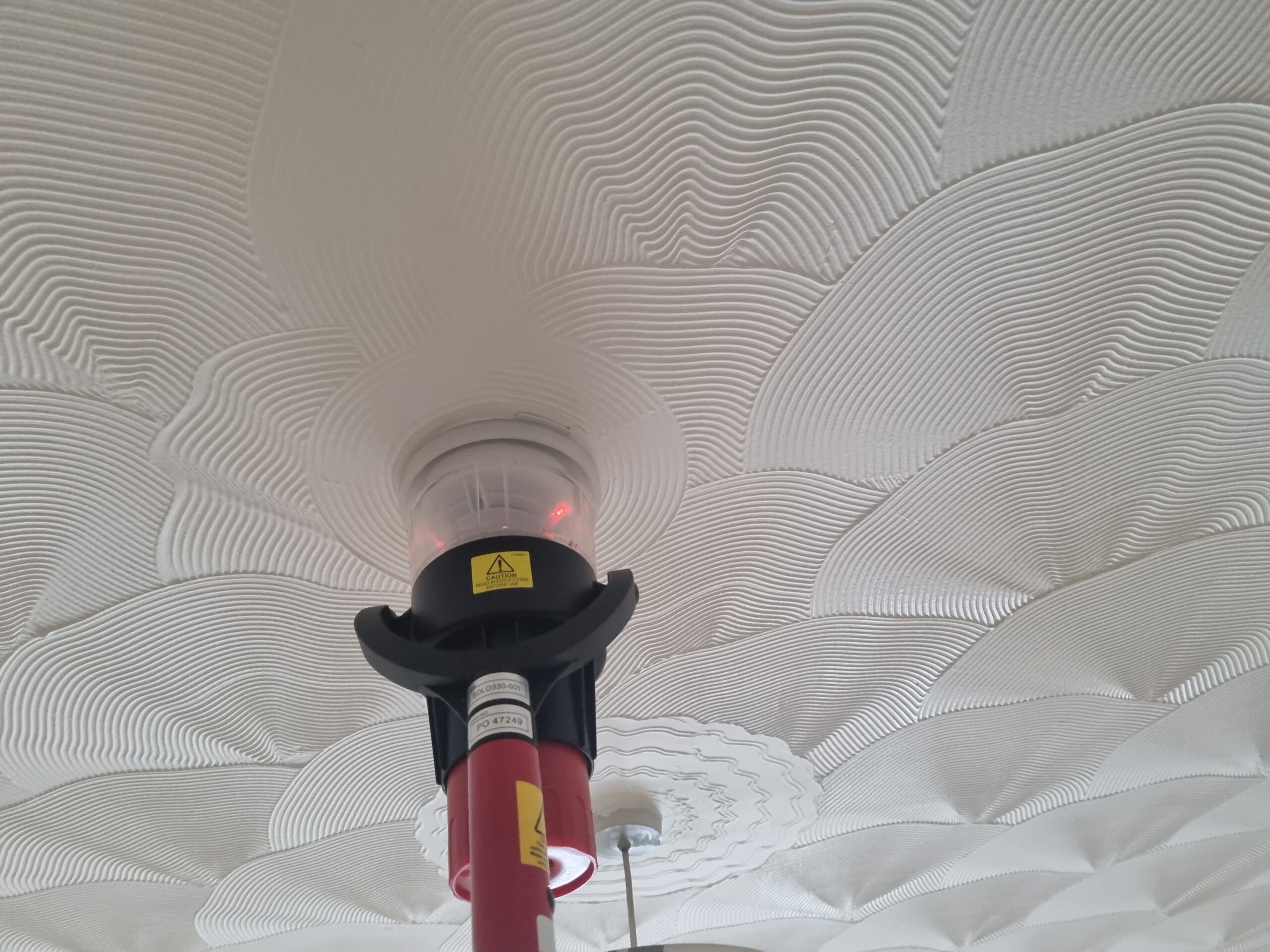
Smoke Detectors vs Heat Detectors
Exploirng the difference between Smoke Detectors and Heat Detectors
As a fire alarm designer with a passion for ensuring the utmost safety in commercial spaces, I’ve had my fair share of experiences that have shown me just how crucial it is to have the right fire alarm system in place. In this article, we’ll dive into the world of fire alarms and explore the intriguing differences between two key types: smoke alarms and heat alarms. So, grab a cup of coffee, get cozy, and let’s unravel the mysteries of these guardians of safety together.
Understanding Smoke Detectors
Picture this: a bustling commercial kitchen filled with the delightful aroma of sizzling dishes. Now imagine a smoke alarm being triggered by these culinary delights. You see, smoke fire alarms work their magic by detecting tiny particles suspended in the air – particles that can indicate the presence of a fire. These alarms are like vigilant sentinels, ever watchful for even the faintest hint of smoke.
In my early days as a fire alarm designer, I remember a restaurant owner sharing an incident that drove home the importance of smoke alarms. A seemingly small kitchen mishap led to an unexpected blaze, and it was the quick response of the smoke alarm that prevented a potentially catastrophic situation.
Ideal Environments and Applications
Smoke detectors are the superheroes when it comes to spaces with combustible materials. Think warehouses filled with paper or textile products – areas where a small spark could escalate into a major disaster. These alarms are designed to swiftly detect the telltale signs of smoke and initiate the alert process.
Exploring Heat Detectors
Now, let’s switch gears and talk about heat detectors. Imagine an industrial workshop where the machines churn out heat as they work tirelessly. In scenarios like this, where smoke might not be the first sign of trouble, heat alarms come to the rescue. These alarms are like thermometers with a mission – they trigger when they sense a rapid increase in temperature.
Remember, the key here is the threshold temperature. Heat alarms are programmed to react only when the temperature crosses a certain level, which means they’re ideal for spaces where smoke might be part of the normal environment, but excessive heat isn’t.
Key Differences and Synergy
Comparing smoke and heat alarms is like deciding between two equally skilled team members. Smoke alarms excel in early detection, making them vital for catching fires in their infancy. On the other hand, heat alarms are the specialists, stepping in when high-temperature situations arise.
Just like peanut butter and jelly, these two types of alarms can work beautifully together. Combining both smoke and heat alarms in a comprehensive system creates a safety net that covers various scenarios. For instance, in a woodworking shop, where sawdust might cause false alarms in smoke detectors, a heat alarm could be the perfect complement.
Selecting the Right Alarm System for Your Business
It’s a common misconception that one size fits all in the world of fire alarms. In reality, every commercial space has its unique challenges and requirements. It’s like fitting pieces of a puzzle together – you need to consider factors such as occupancy, materials used, and potential fire risks.
Here’s where a little anecdote comes into play. Once, I worked with a clothing store owner who was baffled by the number of false alarms triggered by their smoke alarms due to lint and dust. After understanding their specific situation, we recommended a combination of heat and smoke alarms, providing them with a tailored solution that drastically reduced false alarms.
Compliance and Regulations
Before you go full-on fire alarm detective mode, it’s crucial to remember that local fire codes and regulations play a significant role in determining the kind of alarm system you can install. It’s like having an experienced mentor guiding you in the right direction. Make sure to consult with fire safety professionals who can provide insights and ensure your setup is in line with regulations.
Conclusion
As I wrap up this exploration into the world of fire alarms, I hope you’ve gained a deeper understanding of the distinct roles that smoke and heat alarms play in safeguarding your commercial space. By mixing and matching these two alarm types, you can create a safety network that’s finely tuned to your unique needs. So, next time you’re strolling through your workspace, think about these unsung heroes quietly standing guard, ready to leap into action at a moment’s notice. Your business’s safety is truly in good hands
Reviewed: 03/05/2024 Our articles are reviewed regularly. However, any changes made to standards or legislation following the review date will not have been considered. Please note that we provide abridged, easy-to-understand guidance. To make detailed decisions about your fire safety provisions, you might require further advice or need to consult the full standards and legislation.
Share this article
Written by : Michael Winter
Follow us
A quick overview of the topics covered in this article.
Latest articles
July 2, 2025

